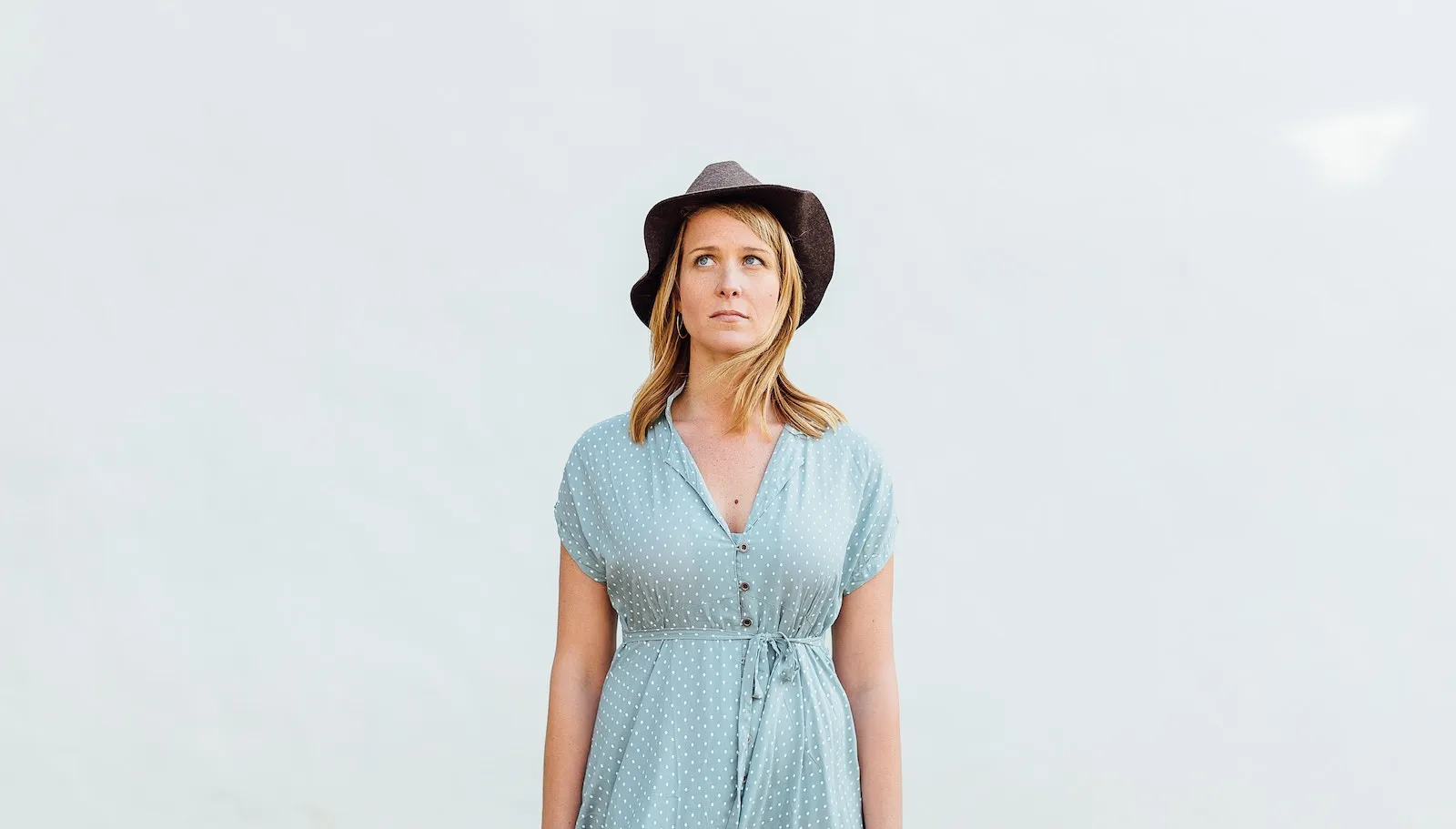Do London’s markets encourage small business success?
5
min read
Do London’s markets encourage small business success?





Have you ever taken a Sunday stroll and found yourself exploring one of London’s many markets? If so, you’re not alone. The roughly 300 street, open, and covered markets are a cherished feature of the city we know and love. Browsing markets may be an excellent way to pass the time, but they also have significant economic and cultural value.
London’s modern market scene
London is home to more than one million small businesses, which is more than any other region in the UK. However, the city is teeming with small business deterrents, including increasing rent prices and competition from cheaper, chain-operated alternatives. Markets have long acted as an antidote to those challenges, providing the flexible infrastructure needed for business owners to succeed.
We think markets vendors should be celebrated, and aren’t the only ones. London’s Mayor Sadiq Khan supports initiatives to protect the city’s street sellers, launching the London Markets Board – an organisation designed to foster market success. London’s role as host of the 2019 International Public Markets Conference also signals a bright future for the long-standing tradition.
The dreamers
Nobody knows London’s markets as intimately as vendors like Faraaz Kaskar. His lifestyle brand, Maison Des Rêves, initially focussed on clothing, but recently released a line of homeware candles and is working on integrating artwork into its product line.
“We started doing Spitalfields at the beginning as a brand building exercise,” says Kaskar. “In this day and age, e-commerce is the number one priority. But at the same time, you want to give someone the option to go and see the products and try them out. We wanted to be out there to talk about the story and explain what we're doing, but just generally build a proper relationship with people that you can't necessarily do online.”
While there is always a risk involved in launching new products, it’s eased by the ability for market vendors to bounce ideas off of the public. “You've got the footfall without needing to do any solid marketing,” says Kaskar.
{{credit-score="/components"}}
A big-thinking small business
For Kaskar, the ethos behind the business combines providing quality merchandise for his customers with providing assistance for underprivileged people around the world. Every product sold by Maison Des Rêves is connected to a charity.
“If anyone purchases a sweatshirt or hoodie it provides education to a child in Nepal for a month. If anyone purchases a T-shirt it provides eye care to an individual in Sierra Leone. And if anyone purchases a cap, it provides funding to mental health,” says Kaskar. “We want to change the way people are running their businesses. It doesn't have to be a change in consumer behavior. If you like the product, then that is also going to help someone else.”
By building this social mission into the DNA of his company, Kaskar believes Maison Des Rêves can act as a blueprint for businesses to follow. This ethically focused business mindset is part of a growing movement, which includes companies such as Toms Shoes and Warby Parker, and demonstrates that giving back can be both socially responsible and profitable.
Putting the ‘work’ into networking
Small business owners often need to take on roles that range from designer to delivery truck driver, and learning how to manage these positions can be aided by advice from the many people who are visiting the markets and may be dealing with the same, or similar, challenges.
“Networking is key,” says Kaskar. “But it's not networking in the typical sense. It’s authentic. It’s actually having a proper conversation because you’re genuinely curious. You don’t necessarily need to be an expert to give someone some guidance or advice.”
This collaborative environment can be crucial for business owners who are new to the scene.
Supporting local communities
Kaskar reckons the groups behind markets like Spitalfields are eager to help quality vendors establish themselves as local staples.
“Anything that is UK made or businesses that are designing their own products gets a priority over anything that is imported from elsewhere around the world and is just selling a third party product,” he says.
A focus on local goods is often part of the attraction of markets. Additionally, the human aspect of buying a product from the person who put their soul into producing it adds a unique authenticity to the relationships between market vendors and their customers.
“It's really just about coming together and making each other’s dreams come true.”
This is a simple but powerful statement from Kaskar whose company’s name, Maison Des Rêves, translates as ‘house of dreams’.


How to use payroll loans for small businesses

Business Loans comparison: High Street Banks vs. Alternative Lenders
Comparing the pros and cons of getting a business loan from traditional lenders and alternative finance providers, including how they differ in application processes, speed of funding, rates and flexibility.

Working capital ratio
Discussing the importance of calculating your company’s working capital ratio, what it represents and how to improve the ratio.








